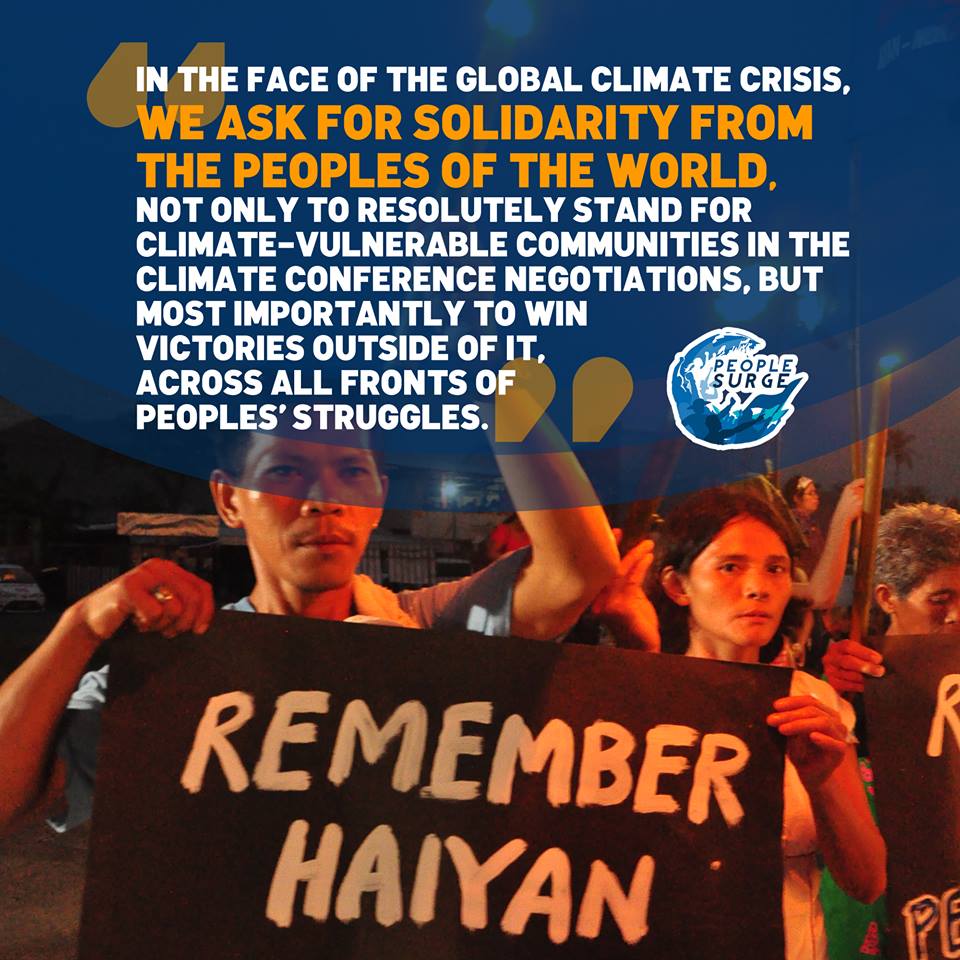We often imagine weekends as leisure time spent with family and friends.
The opposite was true for the people residing in Northern Luzon, Philippines as they spent their weekend tending to their loved ones’ safety as the category 4 super typhoon Koppu (Lando) arrived, bringing widespread flooding and lashing winds.
The typhoon made landfall on Sunday in Casiguran, on the island of Luzon, with winds close to 200 Km/h. Among the hardest-hit areas were the eastern coastal town of Baler, where significant building damage was reported, and the inland city of Cabanatuan, about 100 kilometers north of Manila, where widespread flooding was reported and several rescues requested.
By Monday, Koppu left 12 people dead, several missing, 16,000 displaced and power outages in entire provinces. Two elderly farmers, Mario Abesamis, 54, and Pedro Tuarez, 65, died caught by flood waters as they tried to save their carabaos near Cabanatuan City, in Nueva Ecija.
Typhoon victims putting their lives on the line for the sake of their animals is a common challenge for disaster officials in the Philippines. Carabaos are more than pets for these farmers; as working animals play a vital role in cultivating the land people earn a living from, they consider them as part of their families.
Appeal for support
The government, aid agencies and humanitarian organizations are currently scrambling to respond to the destruction left in Koppu’s wake, appealing for volunteers and material support to their response work.
Current needs include basic survival means: food, medicine, water supplies and sanitary kits for the displaced families who are currently staying in evacuation centers.
The imperative for drastic climate action
The ever increasing and ever intensifying storms that have wreaked havoc on the Philippines in the past decade are clear indications that the world has changed, and living with the spectre of extreme weather events has become a new normal for many people.
Communities are starting to make the connection between extreme weather and climate justice.

The Alliance for Disaster Survivors in the Philippines (People Surge), stands as the broadest organization of Haiyan survivors. Originally established on January 2014 in Tacloban City, it shows that many communities are now understanding the interconnection between disaster, environment, climate, politics and society.
As we appeal for relief for those immediately affected by the typhoon, we reiterate our call for industrialized nations to put money on the table for adaptation, mitigation and forest protection in the negotiations of the upcoming climate conference in Paris. It is countries like the Philippines that are most vulnerable, and least prepared, in dealing with the impacts of catastrophic climate change they are not causing.
With just a 1-degree increase of human-caused global warming, we are already seeing storms that are more intense, wetter and angrier. This experience is a serious warning for all of us on the dangers of global warming. We need to steer clear of the 3-degree Celsius of warming that we’d see if we allow fossil fuel emissions to go on business as usual. Business-as-usual will cost our people too much.
Two years after Typhoon Haiyan hit Tacloban, survivors are still struggling for their dignity, rights and justice by campaigning for a rehabilitation program where people, not big business, is at the core, and linking their struggle with the global work of holding historic emitters accountable for their inequitable greenhouse gas contributions.
That is why People Surge are calling for global demonstrations and solidarity actions from October to December, to remind the Philippine government and world leaders meeting in Paris: our survival is not negotiable.